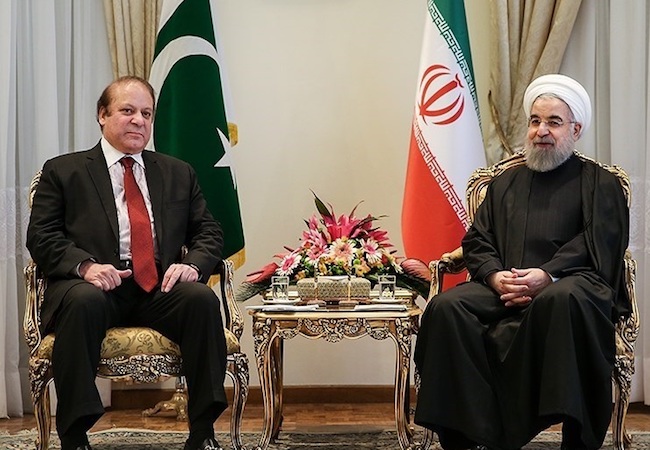
By Muhammad Adil Sivia
Forces of globalization have helped created create unparallel prosperity in human history. Regional integration and free movement of goods and capital along with decreasing the distances between people and states has been hallmarks of globalization. The fruits of globalization are not distributed equitably among different states of the world. Pockets of extreme development and poverty have emerged. Societies that are agricultural, tribal or primordial have been largely left out of development loop spurred by globalization. When it comes to different regions of the world, South Asia has not realized its development potential and benefited at large from processes of globalization.
The negative impact of globalization has created certain pressures on the ability of states to manage their relations with others states and maintain control over their territory. Negative non-state actors are actively damaging states especially in developing world. Disorder and poverty in developing countries has impact on the developing world as well. Hence the responsibility for managing globalization in constructive way falls mainly with developed world.
The people and societies who are marginalized or have suffered at hands of domestic and foreign actors, will come back to haunt the developed world. Chaos in Middle East and rise of negative non-state actors is indirectly the result of polices of major powers. Hence the responsibility for playing constructive role in addressing the grievances of developing countries becomes very important.
The state of Pakistan and Iran bilateral relations can be viewed from the perspective of negative impact of globalization and destabilizing role played by great powers in this region of the world. Pakistan and Iran have enjoyed historically very cordial relations. Despite changing regimes in the two countries, people in both countries have viewed each other favorably.
During Cold War, the US and USSR cultivated and played different countries against each other for proxy wars. Regional countries used this interference of major powers in this region to further their sphere of influence that took the form of proxy wars often taking sectarian color. Outside powers have often exploited sectarian affiliations to divide the Muslim countries and societies for sowing discord and chaos in Muslim world for keeping greater Middle East destabilized.
Recent border tension between Pakistan and Iran is serious cause of concern for these two very important countries of this region. Prosperity of one country in increasingly globalized world is now linked with its neighbors. Pakistan believes in the policy of stabilized region because its internal stability and development is linked with stable and progressive region. Non-state actors that have targeted Iranian Border Security forces are treated as terrorist by Pakistan. Terrain makes it difficult to effectively patrol the border between Pakistan and Iran. Resorting to public statements for discussing the state of bilateral relations and impediments by certain military leaders of Iran was very imprudent move. Working out new joint mechanisms for effective border management complete operationalization of existing arrangements is needed for removing the non-state actors that work as irritants between the countries otherwise very friendly relations.
After signing Joint Comprehensive Plan of Action (JCPOA) between Iran and P5+1, and subsequent lifting of sanctions on Iran, Pakistan stands to benefit from rich petro chemical base that Iran has. Importing oil and gas from Iran is economically more feasible compared with other sources that Pakistan is relying at the moment. The dictates of energy security make it incumbent of Pakistan to diversify its energy mix and energy importing destinations as well.
One Belt and One Road (OBOR) initiative by China and selecting China Pakistan Economic Corridor (CPEC) are the flagship project of grand economic design, regional countries especially Iran stand to benefit from this project. Iran can export petro chemicals to energy deficient Pakistan and China. Iran has already shown official willingness to become part of CPEC. Developing cordial bilateral relations with Pakistan is necessary for Iran to achieve enhances access to Chinese economy.
To certain degree peace in Afghanistan is dependent on convergence of interest between the countries bordering Afghanistan. Pakistan and Iran both have influence on certain section of Afghan society. For increasing the potential and realization of developing of the people of these two countries, regional integration coupled with CPEC is of paramount importance. Iran and Pakistan are founding members of Economic Cooperation Organization (ECO). True realization of ECO objectives will be greatly enhanced by linking ECO countries under CPEC. The leadership of both countries need to persuade each other and send signals through their policies and actions that bilateral relations needed to be viewed in their entirety only. Linking bilateral relation with polices of third country can only increase distrust among Pakistan and Iran that will be counterproductive to the purposes of regional integration and economic development.
Muhammad Adil Sivia is Research Associate at Strategic Vision Institute, a think-tank based in Islamabad.




